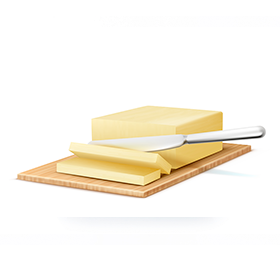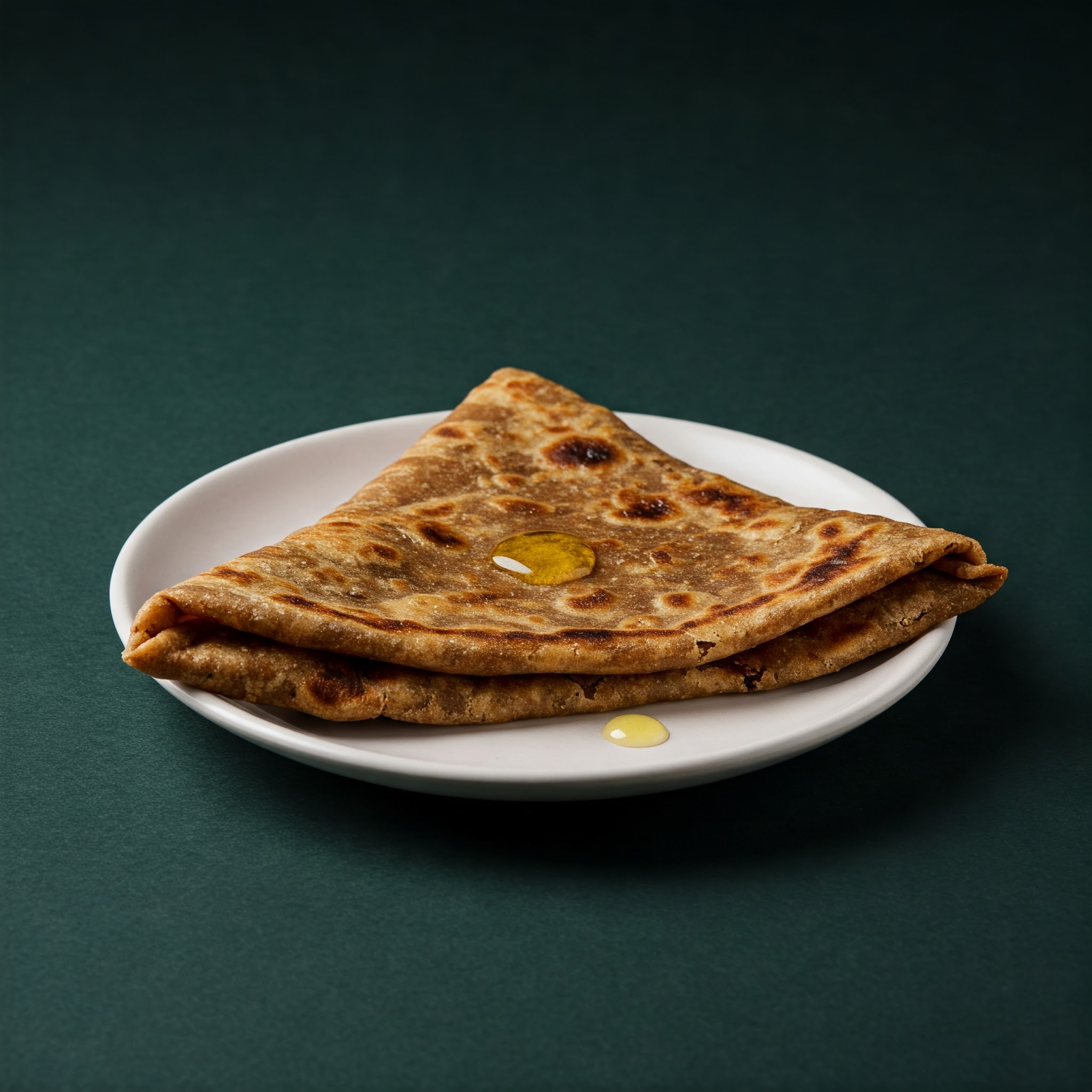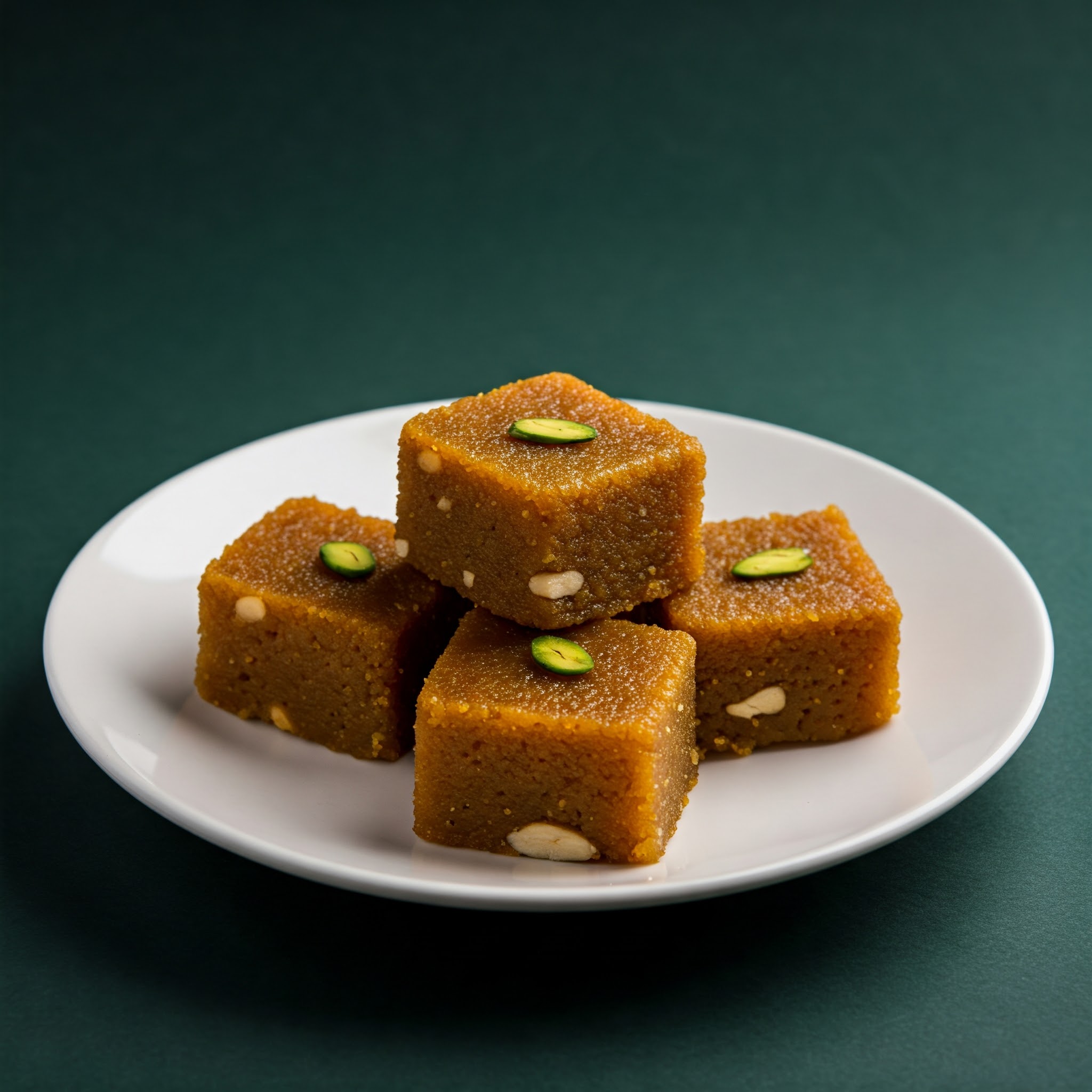Butter (मक्खन)
Makkhan

About Butter
Butter / मक्खन
Many of us when hear the word ‘Butter’ - immediately we recalls Lord Krishna, who loved Butter so much that if he din’t get Butter, he would steal it. Butter is Rich in anti ageing Vitamin A and enzymes. Butter is generally made from Cow’s or Buffalos’ milk
Fresh Butter is Vrishya, acts as body coolant and enhances complexion of Skin, it is good for eyes and improves digestion. As per Ayurveda Butter calms Vata and Pitta and it is used as a dietary ingredient in conditions like indigestion and Pitta imbalance.
According to some studies, we can include about 20gm OR 3 Tsp of Butter in our daily diet.
- White Butter helps us losing weight, as weight butter contains lecithin - which helps increasing metabolism
- Help treating minor infections - Anti-Bacterial and Anti-Fungal properties
- Boosts Immune system
- Help transportation of various nutrients to the brain, and remove wastes from it.
- Lubricate the joints
Like any other ingredient, eating/ consuming in excess than normal; can have many disadvantages. One major disadvantage is Weight Gain and other associated health issues. Also Butter should be avoided by you if you suffering from Milk OR Lactose Allergy
Logon to Planmeal and let planemal - An Automatic Meal Planner’s algorithms to generate a balance diet as per your body requirements. Also Planmeal will tell you what all ingredients to be purchased along with their required quality based on meal plan generated.
Butter is an important ingredient in cooking and baking, providing flavor, richness, and a unique texture to various dishes. It contains essential nutrients, including vitamins A, D, E, and K, which support overall health. In moderation, butter can contribute to a balanced diet, enhancing both savory and sweet recipes. Its culinary versatility makes it a staple in many cuisines, while its role in traditional cooking practices, such as in Indian cuisine with ghee, underscores its cultural significance. When used wisely, butter can be a flavorful addition to a healthy diet.
How to Store Butter
To store butter, start by keeping it in its original packaging or wrapping it in parchment paper to protect it from light and odors. Place it in an airtight container to maintain freshness. For short-term storage, keep the butter in the refrigerator, where it can last up to three months. For longer storage, wrap the butter tightly in foil or plastic wrap and place it in the freezer, where it can last for up to a year. Always thaw frozen butter in the refrigerator before use to retain its texture and flavor.
Shelf Life of Butter
Butter typically has a shelf life of about 1 to 3 months in the refrigerator and up to a year in the freezer. Proper storage in an airtight container helps maintain its quality and freshness.
How to Check Butter Before Buying
When checking butter before buying from a local vendor, examine the packaging for freshness dates and ensure it is sealed properly. Look for butter that is a consistent pale yellow color, as an off-color may indicate spoilage. Gently press the butter to check its texture; it should be smooth and creamy, not overly hard or grainy. Pay attention to any unusual odors, which could signal rancidity.
As for procuring in bulk, it can be advisable if you use butter frequently, but consider storage conditions. Properly store butter in an airtight container in the refrigerator for short-term use, or freeze it for long-term storage. Just ensure you have enough space and a plan for using it before it spoils, as butter can last longer when frozen but may lose quality over time.
Explore
Explore our services and take your business to the next level.
Recent Posts

Bajra and Methi Thepla is the perfect addition to your weekly meal plan, offerin...

Kuttu Ke Parathe are not only a delicious treat but also a nutritious addition t...

Kuttu Ki Barfi is the perfect addition to a balanced weekly menu, offering a del...

Bajra and Moong Dal Chilla is a nutrient-packed, savory delight that effortlessl...

Savor the warmth of Palak Dal Khichdi, a nourishing and comforting dish that bea...
Ready for a Healthier You?
Take control of your wellness! Get a customized meal plan that fits your lifestyle. It's time to eat smarter, feel better, and transform your life!
Get Your Plan Now!Already a member? Login and start now!
Nutrition Facts
Serving Size:
Servings Per Container: 1
| Amount Per Serving | ||
|---|---|---|
| Calories | 717 | |
| Fat | ||
| Saturated Fat | ||
| Trans Fat | ||
| Cholesterol | 215 | |
| Sodium | 640 | |
| Carbs | .1 | |
| Fiber | ||
| Sugar | 0 | |
| Protein | 0.9 | |
| VitaminD | ||
| Calcium | 24 | |
| Iron | .1 | |
| Potassium | 24 | |
* Percent Daily Values are based on a 2000 calorie diet.
* Percent Daily Values are based on a 2000 calorie diet.

